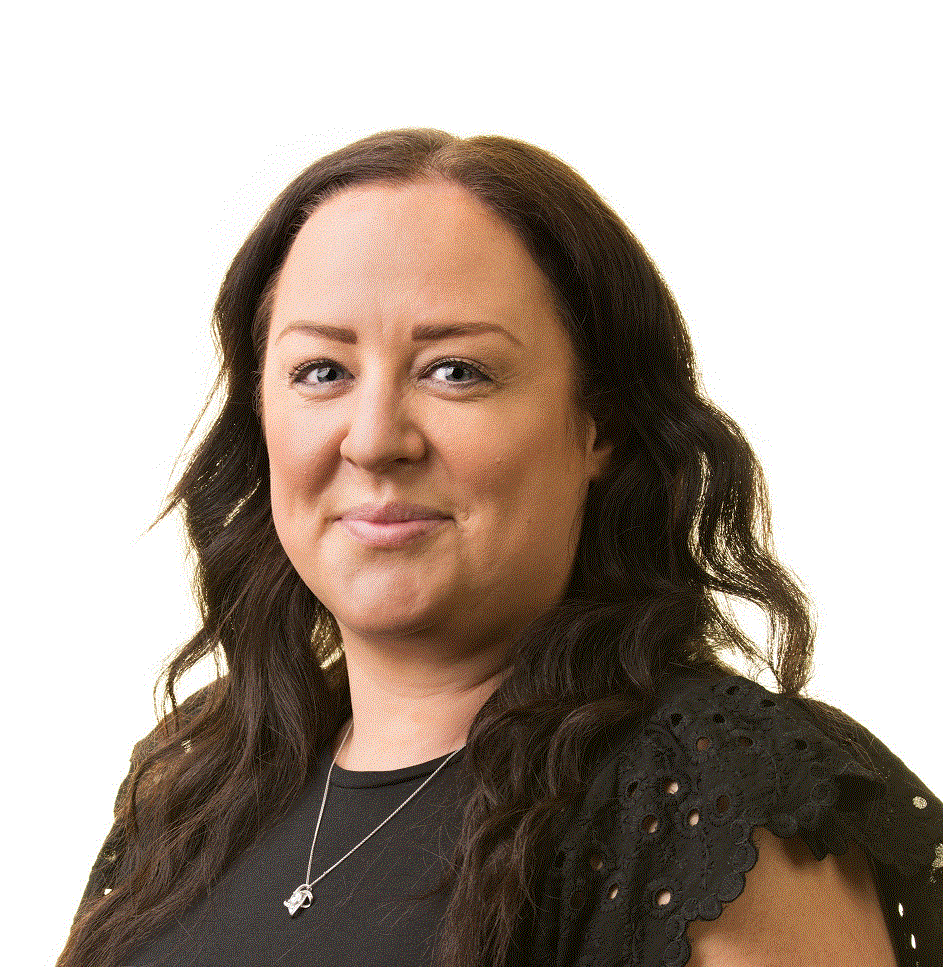Retail expert explains how to maximize availability and freshness for in-store bakeries

I recently had the pleasure of sitting down with Netherlands-based retail expert, consultant and author Eelco Hos to talk about why he thinks retailers should move on from paper production plans for their in-store bakeries and how Cybake ISB could be the answer to maximizing freshness and availability.
Rachel Hindle (RH): Why do you believe that retailers that operate in-house bakeries should move to digital production plans?
Eelco Hos (EH): The reason you want a digital production plan is because it is really hard to balance availability and to raise freshness in an in-store bakery, as your stock only lasts one day. There is no way you can get contingency stock because you have to throw it away at the end of the day and this is expensive.
Customers want bread, but they want fresh bread, and most retailers nowadays work with a paper list for some kind of forecasting. The best solution at source so far is printing a bakery plan the day before. That’s a plan on paper. And if you have a plan on paper, you know one thing for sure: from the moment you print it, it’s out of date.
RH: Given that availability and freshness have always been a big issue for in-store bakery sections, why do you think that there has never been a system that appears to address them?
EH: I have been working with retailers in The Netherlands over the last few years on an in-store bakery production planning app. We started developing it ourselves because, at that time, we didn’t know of the existence of any off-the-shelf solution that we could use. But we saw the challenge of having such a solution. It’s not easy to develop something like this in-house and it takes a long time to get it right.
So, when I found out about Cybake ISB, I was really enthusiastic about seeing the product. You don’t have to develop it and it has a shorter implementation time than building it yourself. It’s way cheaper than building and developing it yourself, because unless you have 500 stores or more, it’s more expensive to develop and maintain it in-house.
RH: Why do you think that the ERP systems relied on by food retailers don’t appear to have a way of solving this particular problem?
EH: Because you really need deep process and bakery knowledge to get this up and running and it’s costly and it takes a lot of development time to get it right. That’s probably the reason why these companies did not develop it themselves.
RH: Is part of it because many big retailers only really started caring about waste fairly recently and that bakery waste wasn’t considered to be particularly important?
EH: No. I think they did care and what they tried to do is make their paper systems more reliable. And the thing with a paper system is you can’t monitor what’s really happening at a specific store. It is paper, and paper is not a monitor. The big advantage of having an app for this is that you can also track and trace what is really happening. We have advice on paper, yet, of course, in the app, the advice will be processed in real-time, and the advice will be better.
The second thing is that you can also monitor what store staff are actually doing with that advice. Do they comply with the advice or not? So, beside having a real-time engine to recalculate the exact situation at that specific moment instead of printing a list, which is static, the day before, you can also look at compliance.
For example: “We told staff to bake ten, do they bake twelve or eight? And as a result of them baking more, was the extra sold or wasted?”.
If they bake more than it says on the list and they sell more, that’s cool. But you can see that if they bake twelve and they threw away three, that has been a waste and, from a compliance perspective, you can also see how effective the actual behavior on the store floor has been.
I don’t think retailers were picking this up and their ERP systems were not picking it up either because they didn’t see the use of it, or they thought it was too complex, or they decided to fix other stuff first. That’s the big advantage of having a really strong point solution for this specific task.
Another really important factor with this solution is that you can set up parameters whereby you, as the person at headquarters responsible for a bakery, can set your merchandising rules and guidelines to actively steer what happens on the store floor.
For example, as a merchandiser, you can say: “Well, this is my top five percent of my assortment; I want one hundred per cent availability until the end of the day, and I don’t care about food waste too much for those five items. This is the forecast. Make sure there is no out-of-stock, ever.”
You can say, “Bake more of those”, but there may be another five items that are really expensive, and you don’t want waste for these because they have low margins. You want to turn down the forecast a little bit to really make sure you don’t get food waste on those. So, from a central perspective, you can actively steer what’s happening in all your stores, on the store floor, by setting those rules centrally.
RH: It can sometimes be tricky to get across the idea that the predictions of a bakery manager are not as good as those made by software.
EH: I think there are two aspects to this. The first is that the current availability of data combined with an AI forecasting module like that of [Cybake partner] CatsAI are so much more reliable for ultra-fresh goods that it’s the best baseline you can have.
Of course, there might be a need to do a plus and minus manually, but, really, store staff should focus on the outliers during the day, because a forecasting engine will forecast ten times better than every human being.
The second is that all a paper tool is telling you is that you have to bake one, two, three, four or five. The great thing about doing it in an app is that you can add instruction videos, background information and standard operating procedures. It’s all part of the app, so it’s much easier to learn the work, and learn to work in a standardised way.
Looking at the current shortage of staff, it is hard to find good people and people are changing job more frequently. So, it’s not only about forecasting to tell the store staff how much to bake, but you can also tell them how to do it, and for less experienced staff or less qualified staff, this is the way to go.
RH: Why is getting your in-store bakeries’ production waves right so crucial to freshness and availability?
EH: The product needs to be as fresh as possible, so you need to bake it as close to the moment of purchase as possible.
If you need twenty-eight baguettes, you don’t need all twenty-eight at nine o’clock in the morning. You sell eight before twelve, you sell twelve before four, you sell twelve between four and six, and you sell four at night. Don’t bake them all in morning, because they are not fresh. That’s one reason, freshness.
On the other hand, if we think it’s going to be a sunny day, we predict we’re going to sell fifty. But it’s the UK or it’s The Netherlands, so it often rains in the afternoon and then you won’t sell fifty, you will sell thirty. Or it is sunny and it’s barbecue time, you can even sell thirty more. If you bake everything in the morning, you will have a lot of waste because there’s no room to maneuver anymore. That is the trick.
Eelco Hos is a retail technology and systems expert based in Zaandam in the Netherlands. He is a project consultant for large retailers across Europe and is a regular contributor to a number of publications. You can find Eelco and a selection of his articles at his consultancy’s website, Retail Innovation.
See the Cybake ISB webpage for more about our in-store management solution.



